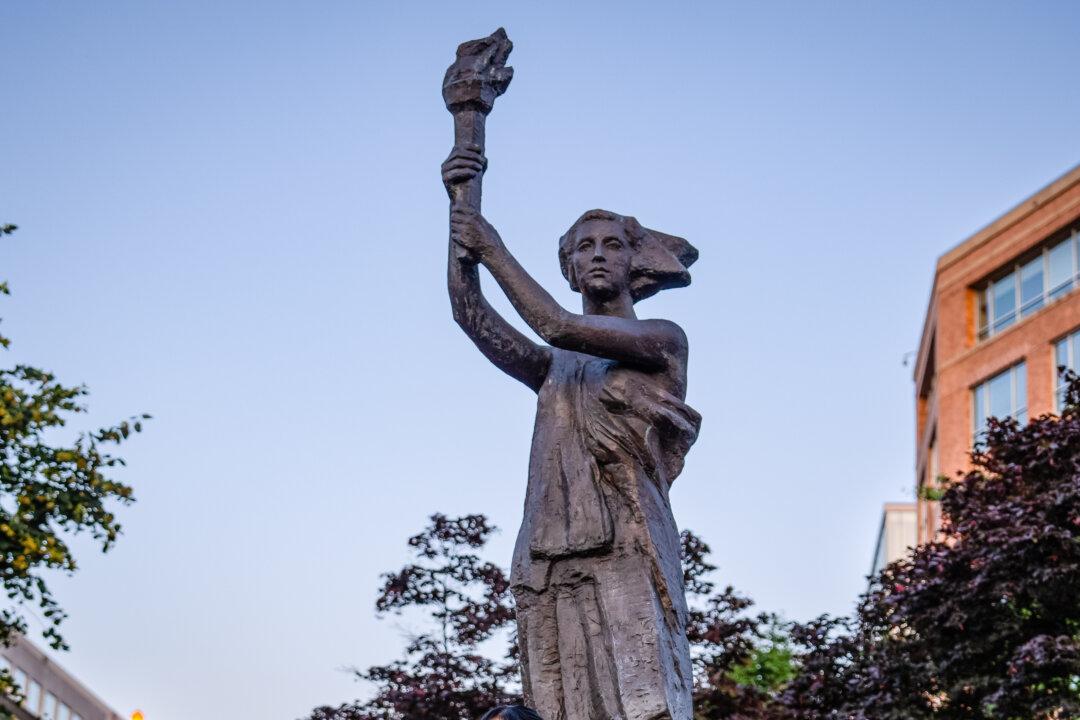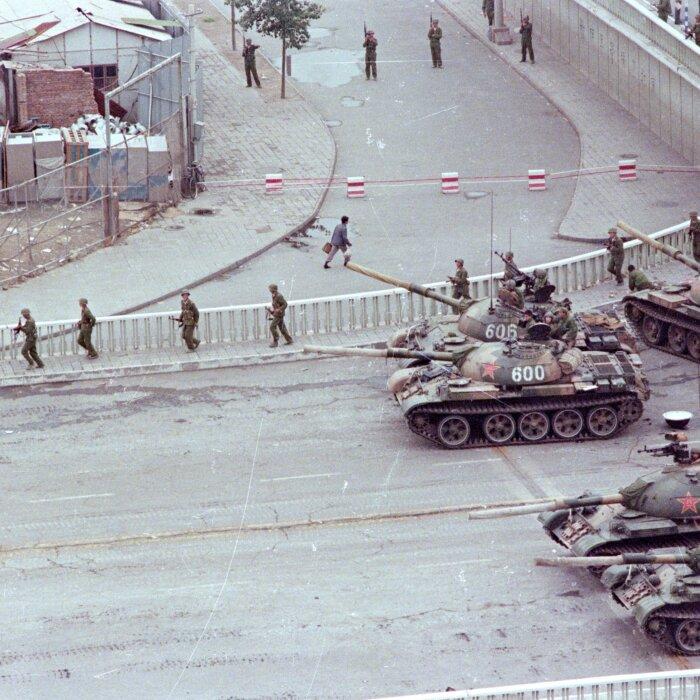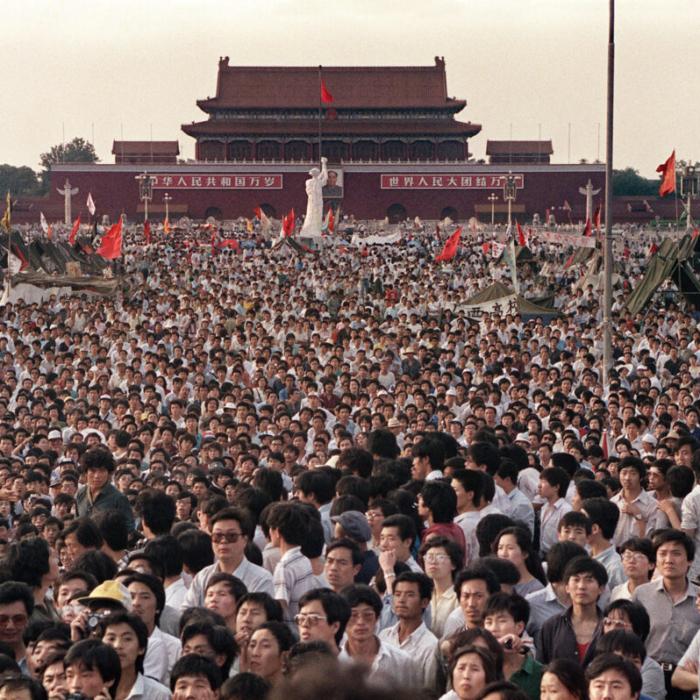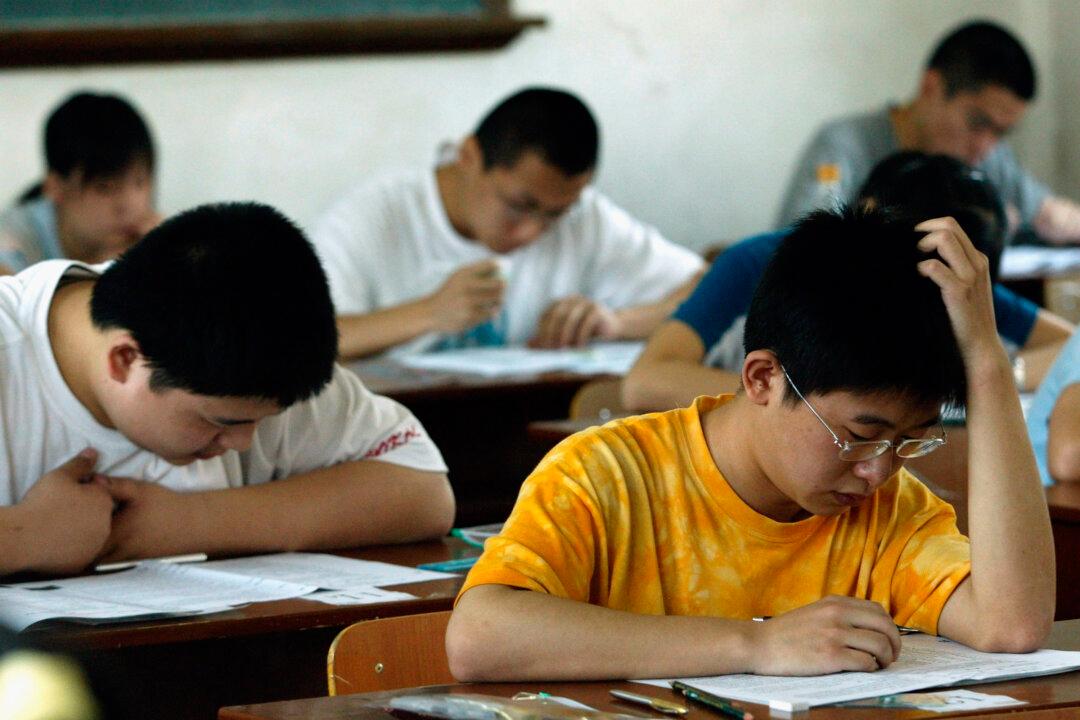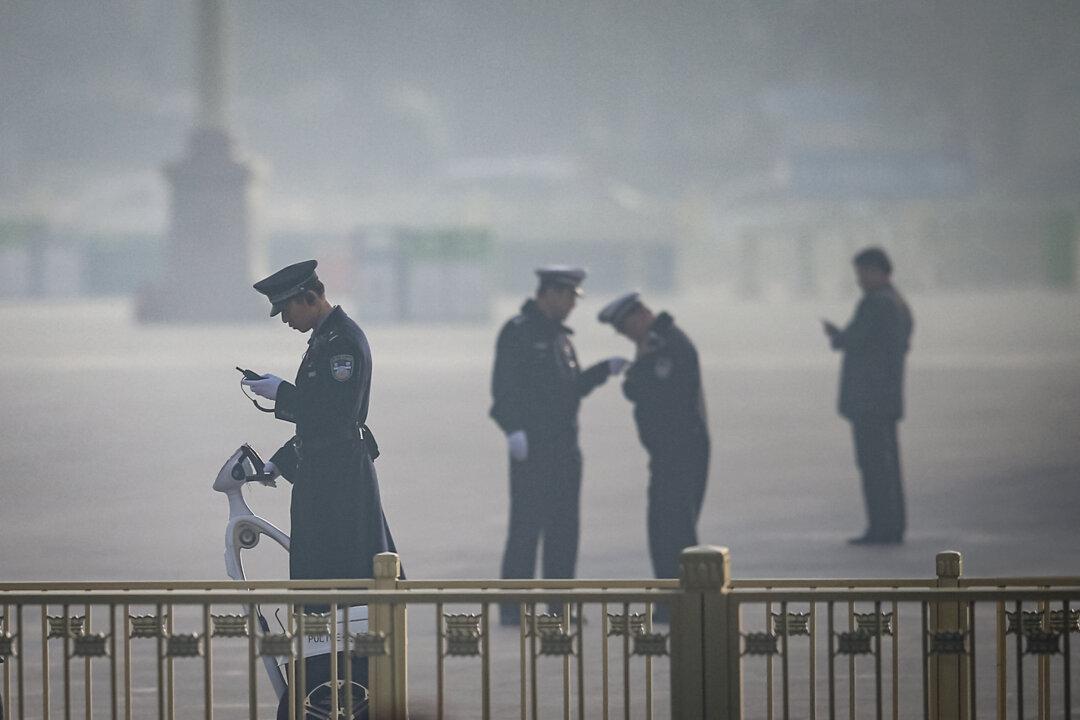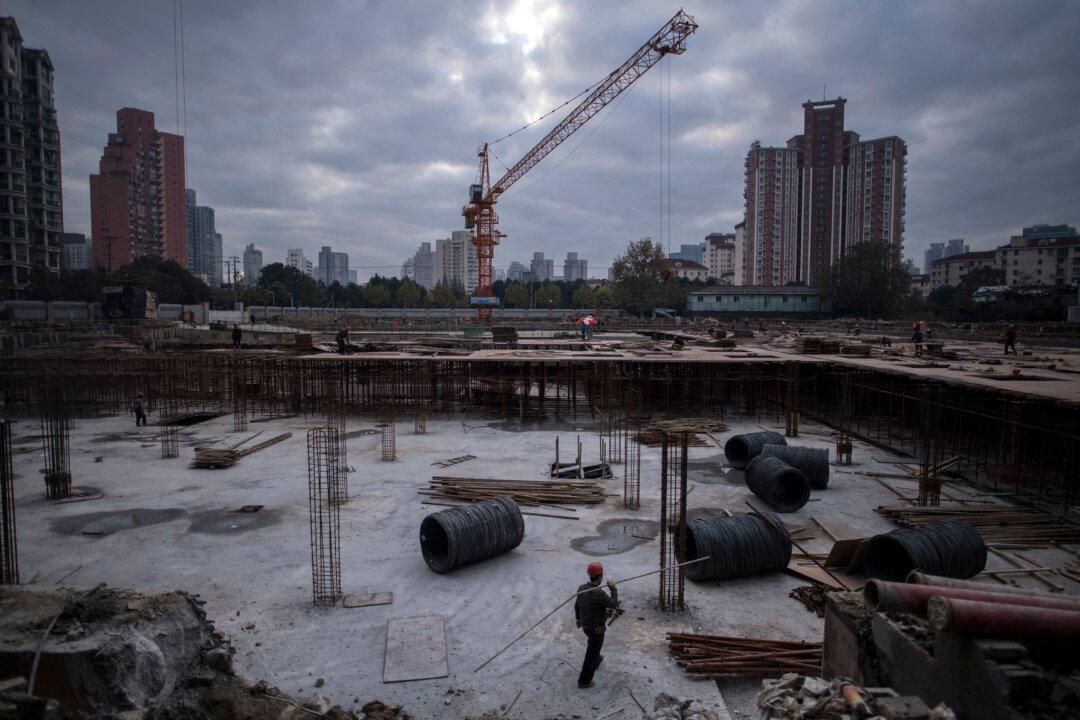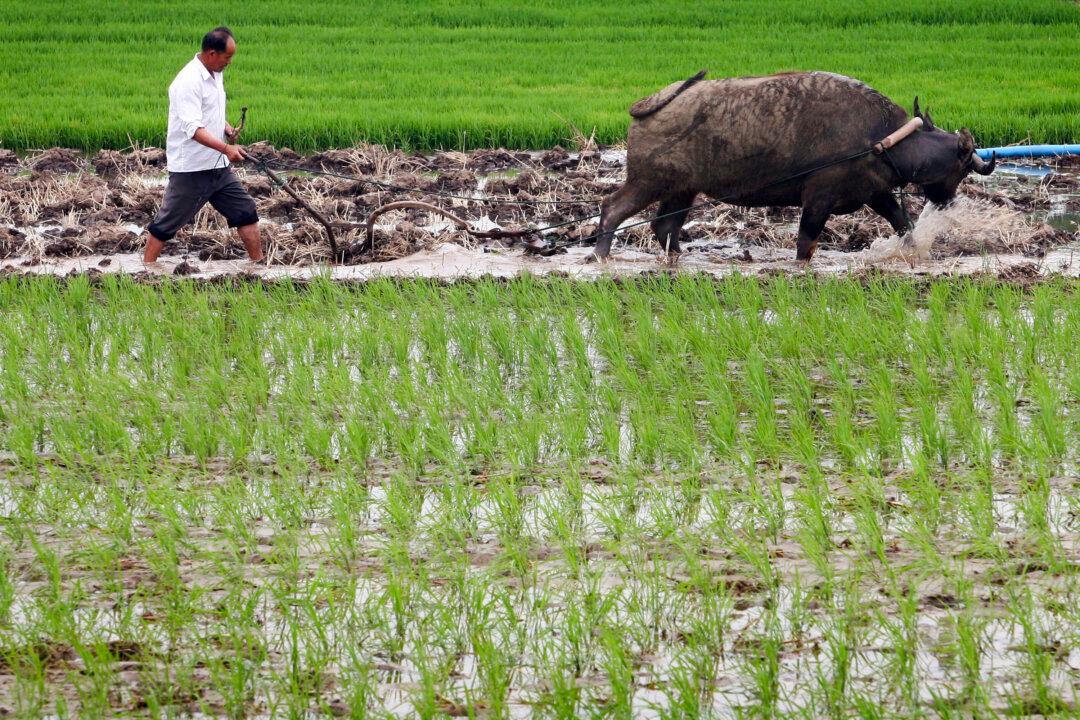For contemporary Chinese people, the Tiananmen Square massacre (known as the June Fourth Incident in China) is an insurmountable hurdle.
Although the Chinese Communist Party (CCP) continued with reform and opening-up policies and China’s economy continued to grow rapidly after the Tiananmen massacre, an entire generation’s perception of the CCP fundamentally changed.
Impact on Eastern Bloc Collapse and Sino-CCP Relations
The Tiananmen Square massacre had a massive impact on the global political landscape, directly leading to the collapse of the entire communist bloc, Guo Jun, the editor-in-chief of The Epoch Times’ Hong Kong edition, said in the program.“In the latter half of 1989, after the Tiananmen massacre, communist regimes in Eastern Europe collapsed one after another, culminating in the disintegration of the Soviet Union and the Soviet Communist Party in 1991, which ended the Cold War. The number of communist states in the world dropped from about 30 in the late 1980s to just four today. Thus, the June Fourth Incident changed the world and an entire era,” she said.
On the other hand, the June Fourth Incident was also a turning point in China’s honeymoon period with the West.
“Starting in 1972, the CCP distanced itself from the Soviet bloc and by 1979 had officially sided with the Western camp, directly opposing its former comrades, a significant event during the Cold War.
“In the 1980s, the United States and the West fully supported the CCP economically, militarily, technologically, and otherwise. After 1989, the West first ceased military support for the CCP and then gradually opposed it on human rights and ideological grounds, although major international strategic cooperation did not change until after 2018.”
The massacre in 1989 fundamentally reshaped the relationship between the CCP and the Chinese populace, particularly Chinese intellectuals, Ms. Guo noted.
Before the 1989 pro-democracy movement, most young Chinese were reformists seeking better social mechanisms under CCP rule. After the massacre, however, most became revolutionaries, believing that as long as the CCP remained in power, reform or improvement is impossible.
“This mindset has become more evident in recent years,” she said.
Ms. Guo holds that the Tiananmen Massacre is not a past event but a current and ongoing reality.
“The CCP’s governance methods and worldview remain unchanged, as does the nature of the conflict between the Chinese people and the CCP,” she said. “From another perspective, the conflict between the CCP and intellectual elites has worsened, significantly impacting China’s future.
“Over the past two or three decades, those university students from 1989 have gradually become key figures in society. Many key interviewees in major reports are former students from the 1980s, who are now elites in various fields. As [CCP leader] Xi Jinping’s generation retires, these 1980s elites will determine China’s future direction.”
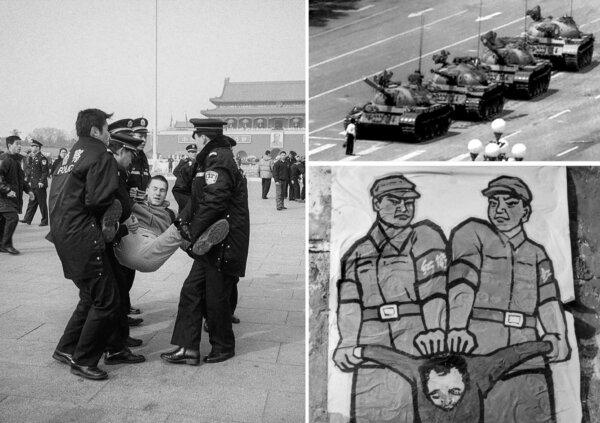
Interest-Driven Political Transformation – Autocracies’ Demise Inevitable
Authoritarian regimes in Asia usually undergo transformations due to internal repression, such as Taiwan’s Kaohsiung Incident, South Korea’s Gwangju Uprising, and the assassination of Aquino in the Philippines, Shi Shan, a senior editor and commentator for the Chinese edition of The Epoch Times, stated on the Pinnacle View program.But the Tiananmen massacre is a counterexample, he said. It remains a burden and a negative asset for the CCP.
Ms. Guo agreed by saying that communist rule is an extremely authoritarian mode of governance, further entrenched by ancient despotism in China, basically eliminating genuine political consultation.
“The June Fourth Incident demonstrated that in the event of disputes under CCP rule, the only solution is violence,” she said.
“The CCP believes this method is effective and considers it a systemic advantage, crucial for China’s rise. Therefore, post-Tiananmen, there is no indication that CCP’s autocratic rule will change.”
Wang Juntao, a Chinese dissident and democracy activist accused by the CCP of being one of the leaders behind the Tiananmen student movement, stated during the program that political transformation theories do not require high moral pursuits but hinge on power struggles where actions are taken in one’s best interest.
For instance, former Soviet Union President Mikhail Gorbachev’s decision to dissolve the Soviet Communist Party after the August Coup was driven by self-preservation, he said.
“If the Soviet Communist Party was allowed to exist any longer, there would have been such a coup and he would have lost his life, whereas after he disbanded the Soviet Communist Party, Yeltsin would not have taken his life.”
Similarly, power struggles in other countries have led to political changes, driven by self-interest rather than moral considerations.
“The second-in-command thinks that, ‘If I make reforms, the people may elect me as the leader, so I will take out the first-in-command,’” he analyzed.
“There are also military leaders like those in Egypt and Indonesia who, when they stand on the side of the people, actually do not really like the people or [former Egyptian president] Mubarak or [former Indonesian president] Suharto, who promoted them, but that if they support Mubarak or Suharto, they will have to be buried with them.
“These military officers think that at least morally and in terms of future history, it would be better for me to stand on the side of the people now. The people may even turn me into a great leader in the future because of this move of mine.”
Mr. Wang added that politicians are most concerned about realistic trade-offs.
“When people pursue their own interests in a very common-sense and rational manner, and when such interests are in line with their conscience, they will naturally choose a democratic system,” he said.
“Autocracy will definitely fail in the future. As [U.S.-based Chinese dissident] Mr. Hu Ping said, they can win a thousand times, but if they lose once, they will lose. We can fail a thousand times, but if we win once, we will win completely.”

Mr. Wang believes that the CCP’s eventual collapse is inevitable due to the system’s inherent flaws.
“Those who bring down the CCP might be ambitious individuals within the party, seeking personal political gain at the cost of destroying the Party,” he said.
“Therefore, political transformation does not require universal nobility but a few individuals holding the torches high.
“When everyone is drunk, the one holding the light is noble will do.”
